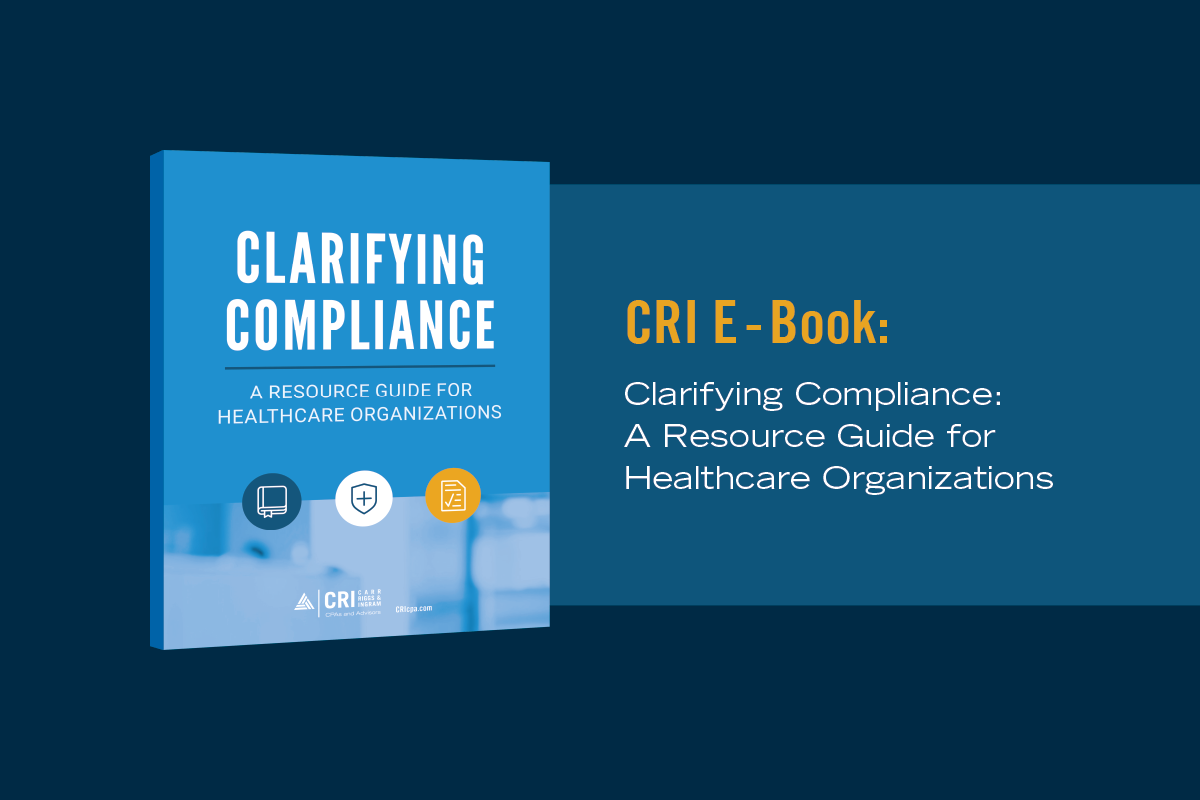Business Interruption: Planning Your Next Steps and Setting Expectations
Mar 30, 2023
Just as sure as you are to prepare your home for an impending storm, so too should you prepare your business in the event that you suffer an interruption or loss of income as a result of a natural disaster or other external factors. There are important steps that you can and should take to assess the impact on your business, mitigate your losses, and chart a path forward.
Next steps
- Thoroughly review your policy and understand the covered perils, coverage limits, and exclusions, seeking clarification from the agent or broker on any specific aspects that are unclear, such as
- Covered causes of loss
- Civil authority coverage requirements and limits
- Exclusions such as bacteria, virus, pandemic, or communicable disease
- Endorsements or riders extending coverage such as communicable disease, event cancellation, supply chain, and loss of attraction
- Extra expense and payroll coverage
- Contact your insurance company, establish a claim, and receive a claim number.
- Review your short-term cash flow needs to determine if an interim loss claim or other sources of funding is appropriate/necessary.
- Seek information on other sources of post-disaster funding (FEMA, SBA, etc.).
- Begin the process of gathering, generating, and organizing your historical documents (financials, payroll, tax returns, etc.).
- Establish a central place and process to keep copies of any documentation evidencing post-loss extra expenses and the costs of your mitigation efforts.
Expectations
As you navigate your way through the claim process, understand that it can be difficult and contentious. Frequently, the terms and conditions of a business interruption policy are vague and subjective and do not explicitly define how a loss will be calculated. In addition, business interruption claims are by nature estimates and thus are subject to judgement of the professional calculating the loss. Business interruption policies also generally include clauses requiring you to mitigate losses and penalizing you for perceived failure to do so. Since insurance policies are contracts between the insured and insurer, unresolved disagreements end up in litigation.
Potential disputes should be expected and will generally fall into one of these four common areas of disagreement:
- Coverage interpretation
- Length of loss period and date of recovery
- Assumptions and approaches for measuring or calculating revenues and expenses
- Facts and circumstances unique to your claim or business
As you move forward, setting reasonable expectations of this process will help you establish goals and manage your business’s recovery.
CPAs Role in Business Interruption
As you develop a plan to manage the interruption and overcome the crisis, understand that you don’t have to navigate the waters alone. Your CPA can play a key role in helping your business weather the storm. CPAs can assist in:
- Reviewing coverage
- Collecting and organizing financial information and supporting documentation
- Performing general accounting
- Projecting cash flow needs and assisting with strategic planning
- Identifying sources of recovery funding, grant programs, and potential tax relief and assisting with the application process
- Assisting with program compliance and documentation
- Preparing a business income analysis and claim calculation that coincides with the policy and maximizes coverage
- Assisting in communication between you and the insurer
Our team is prepared with the information you need for business interruption claims. Reach out to your CRI advisor if your business needs help preparing for the unexpected and navigating the road ahead.




















































































































































































































































































































































































































































































































